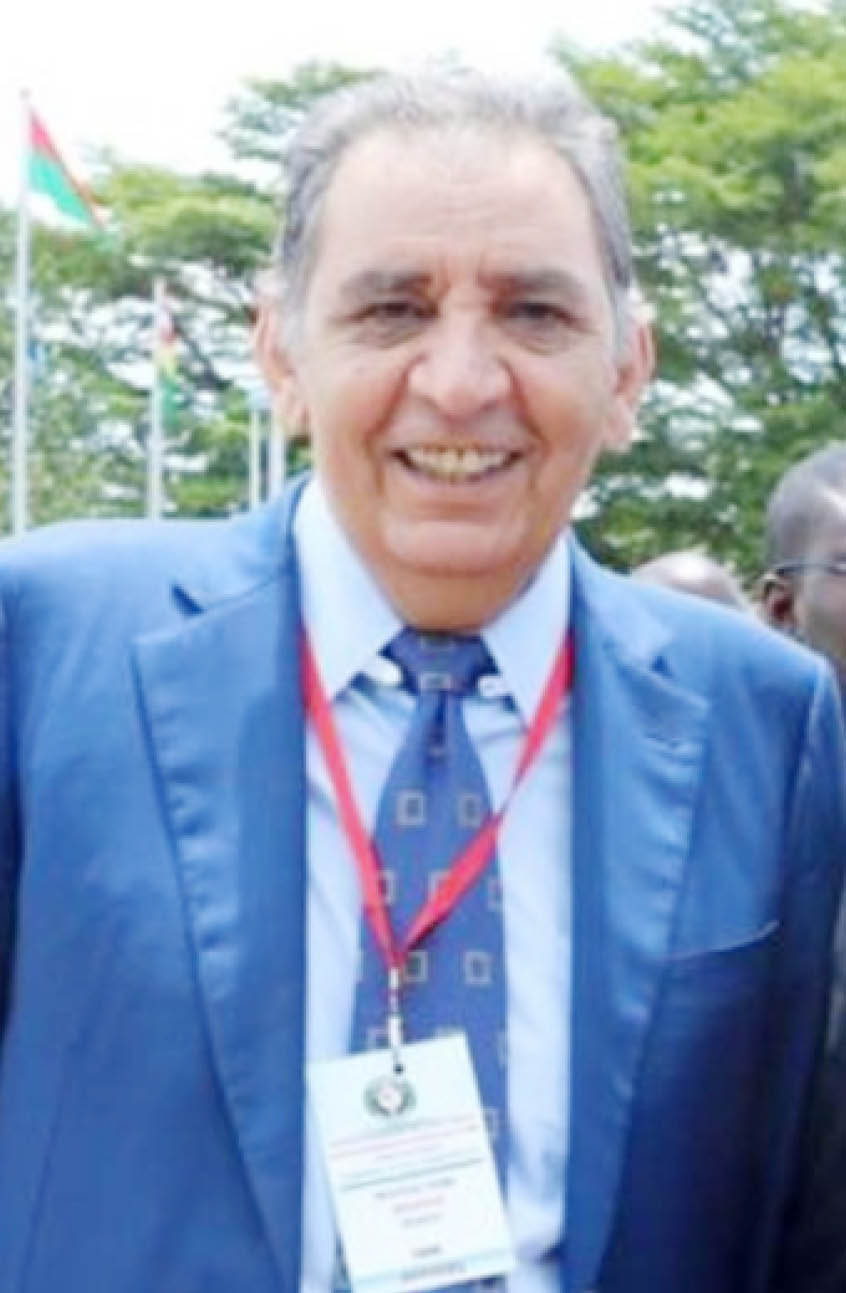In this diplomatic interview, the Moroccan ambassador to Nigeria, Moha Ou Ali Tagma traced the history of the relationship between both countries, saying they would always work as development partners.
The diplomatic relation between Nigeria and Morocco has been there for long, what is your action plan for both countries? Also, many Nigerians troop to Morocco for religious tourism but the activity was halted, why? Is there hope to reopen it?
Nigeria is a very important strategic partner of Morocco. It is in Nigeria that Morocco undertakes its largest foreign investments.
King Mohammed VI and President Muhammadu Buhari have since 2016 traced the path of what should be the relationship between the two countries, which have all the assets to be a locomotive for Africa.
The two countries are very close, historically, geographically and culturally and the relationship between them goes back centuries to the time when royalty from Borno, Sokoto and Kano had very deep relations with Morocco, particularly the cities of Marrakech and Fes.
On this basis, and because of their similar political and social choices and the imperatives of the economic and social development the two countries had, they built an exemplary win-win partnership.
The Nigeria-Morocco gas pipeline is a project that both countries started, knowing how strategic it is economically, what is the level of execution so far? What other countries are expected to benefit directly from the project?
In his latest speech, King Mohammed VI affirmed that the Nigeria-Morocco gas pipeline project, intended for present and future generations, “works in favour of peace, economic integration of the African continent and its common development.
The king said, “Given the continental dimension of the Nigeria-Morocco gas pipeline, we also see it as a structuring project that promises to link Africa and Europe.
“Given the special interest we have in the partnership with the western states of the continent, this project represents for us more than a bilateral project between two brotherly countries. Our hope is that it would be a more broadly strategic project beneficial to the entire West African region, which population exceeds 440 million inhabitants.”
The King noted in this regard that in addition to Morocco and Mauritania, this pipeline offers opportunities to the 15 countries of the Economic Community of West African States (ECOWAS) in terms of energy security and socio-economic and industrial development.
In this context, the king recalled that the memorandum of understanding signed recently in Rabat with ECOWAS and in Nouakchott with Mauritania and Senegal, marked an essential milestone in the process of realisation of the project.
The king said the memorandum reflected the commitment of the countries concerned to contribute to the realisation of this strategic project and illustrates their political will to ensure its success.
In this context, the king welcomed the support of regional and international financial institutions that have expressed the desire to provide effective assistance to its implementation, affirming, “The concern of Morocco to act always in concert with our brothers in Nigeria and all partners in all transparency and responsibility is for this project to be realised as soon as possible.
What other bilateral agreements did Morocco sign with Nigeria? There is much effort by the Nigerian government to improve agriculture, in what way can Morocco help Nigeria, considering your rapid growth in animal husbandry and cereal production. Also, the King Mohammed Foundation has been active, not only in Nigeria but many other countries in Africa, tell us more about its activities and how Nigerians can benefit from it?
During the visit of King Mohammed VI to Nigeria in December 2016 and the visit of President Buhari to Morocco in June 2018, the two countries signed several agreements aimed at strengthening their relations and cooperation, especially in the economic field.
In addition to the agreement on the Nigeria-Morocco gas pipeline, the two countries also concluded an important agreement in the field of fertilisers. This agreement supports President Buhari’s policy to develop agriculture in Nigeria for a more diversified economy and ensure food security for the Nigerian population.
The agreement provides for the supply of fertiliser to Nigeria, as well as the construction of three fertiliser production plants in Kaduna, Ogun and Sokoto, and the construction of a large fertiliser manufacturing complex in Akwa Ibom State. This agreement, which is implemented on the Moroccan side by the OCP, makes Nigeria the preferred platform for Moroccan foreign investments and the unique country in Africa, where OCP established such infrastructures.
Other agreements concern the sharing of experiences in different sectors. An agreement was signed on the occasion of the December 2016 royal visit to Nigeria by the Mohammed VI Foundation for Development, through which it built a vocational training centre in Maiduguri, Borno State, in close collaboration with the local government and a Nigerian non-governmental organisation.
What is the volume of Morocco’s support in building the capacity of youths in Nigeria?
Hundreds of Nigerian students are pursuing their studies in Morocco in the country’s various universities and in different branches within the framework of the cooperation agreement between the two countries, by which Morocco grants 100 scholarships each year to Nigerian students, in addition to those who choose private institutes in Morocco to continue their studies.
Moreover, Morocco became a favourite destination for many Nigerians, not only for business and scholarships but also as a touristic and spiritual hub. The cities of Marrakech, Fes and Casablanca are increasingly more frequented by Nigerian citizens. As you know, Morocco is the cradle of the Tijjaniya since the city of Fès is where Sidi Ahmed Tijjani lived, professed and was buried.

 Join Daily Trust WhatsApp Community For Quick Access To News and Happenings Around You.
Join Daily Trust WhatsApp Community For Quick Access To News and Happenings Around You.


